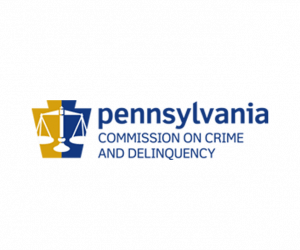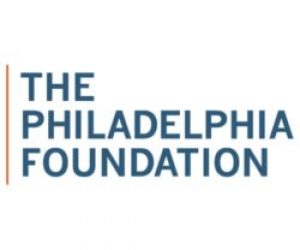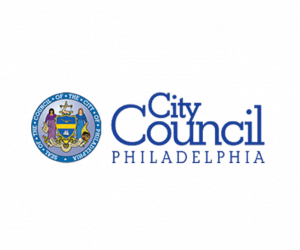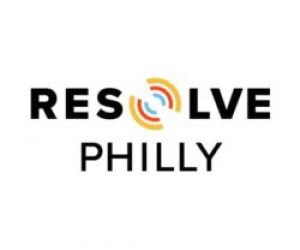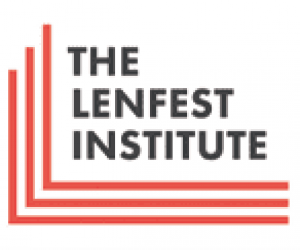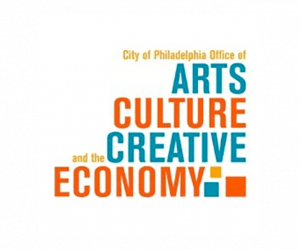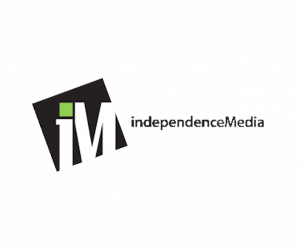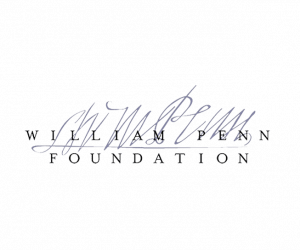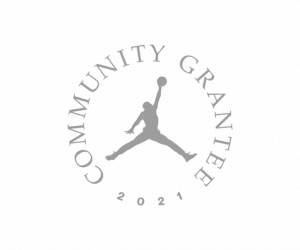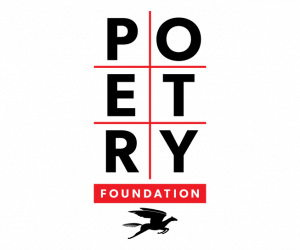
By Lou Balikos
In a city as vast as Philadelphia, it is easy to feel cut off from the neighbors down the block, let alone entire communities across town. This city has a deeply-rooted history of the kind of support that kept locals safe and cared for. Long before the age of the internet and social media, where users can post about local free markets and neighborhood distros or circulate images of missing children, residents of this very city developed tangible networks by the block. From neighborhood to neighborhood, church to church, and school district to school district, local organizing was accomplished by those who were in the know.
WHYY reported in January of 2024, “Poverty is as synonymous with the city of Philadelphia as the Liberty Bell,” which led to the proliferation of the idea of Philadelphia being “America’s poorest big city.” In a city where nearly 25% of residents live below the poverty line and where systematic inequality defines our access to care and material wealth, we must ask ourselves, what is it that we owe to each other?
The principle of mutual aid is not complicated. Our communities contain a remarkable and often overlooked superpower. That is, each of us has something to give and also something to receive, not for charitable or virtuous purposes, but because the power to support and uplift one another is within our control. What else, it comes as a healing antidote to the critical threat of isolation or loneliness plaguing our generation that the U.S. Surgeon General warned of in 2023. Systematic inequality breeds this form of individualism, which, in turn, reinforces the stigma associated with Philly being the ‘poorest’ big city.
Today, we are seeing a return to some of these traditions of care. A quiet but powerfully resonant movement is beginning to take hold of our neighborhoods, transforming how we show up and rebuilding society using the tools of community resilience. It is reshaping the social landscape of care in our big city and across state lines. The modern twist is the solidarity reached across backgrounds, regardless of economic status, and without the clutch of governmental assistance or facilitation.
GoFundMe’s and social media-backed petitions are engaged with and donated to with a good-faith praxis. Free markets take a bottoms-up approach. Community fridges and pantries can be donated to and discovered within neighborhoods, often as extensions of local businesses. Home-cooked meals are offered through Facebook groups after interest is expressed in the comments. Community-led organizations have banded together to provide harm reduction services, food and clothing distribution, mental health support, and even, peer-to-peer skills-based learning. These networks operate outside the traditional system to provide urgent and necessary assistance to those in need. These networks are what many marginalized communities can rely on and depend on when the system has repeatedly failed them.
As Philadelphia moves forward, mutual aid networks persist in knitting together the fabric needed to weatherproof the storm a Trump presidency will provoke.
Everywhere Project:
This year-round harm reduction outreach uses a trauma-informed approach to address drug use. Founded by a social worker and an epidemiologist, the nonprofit aims to extend lives by providing access to education and safer use of supplies. These supplies include naloxone, safer injection kits, safer smoking kits, safer sex kits, fentanyl testing strips, and more.
Every week, co-founders Shannon Ashe and Jen Shinefeld provide hard reduction-based training to hand out kits and supplies each Wednesday evening at Love Park and on Saturday afternoons in Kensington. Every Thursday, they host kit-making workshops to prep for friends in Kensington who need hot water, clothing, harm reduction kits, wound care, and more.
You can also donate to help them continue their services. To learn more, please visit the website here or follow them online at @the_everywhere_project.
Yas Project Philly (YASP)
Founded by four formerly prosecuted and incarcerated youth, the Youth Art and Self-empowerment Project is a coalition of young people and advocates working to end youth incarceration and the charging of juveniles as adults in certain crimes. YASP leads year-round arts workshops for youths under 18 in Philadelphia adult jails and provides continued support and professional development for returning youth.
In 2015, YASP co-founded #No215Jail Coalition, which successfully stopped the construction of a new jail in the city and catalyzed the Philadelphia Community Bail Fund. YASP also launched the first youth-led participatory defense hub in the country. This hub offers support and resources to young people facing court cases from team members who have navigated similar challenges.
You can support YASP by donating to help them raise $40,000 for their 2025 goals, aimed at creating healing futures for youth at risk of incarceration. Click the link here to donate or follow them at @YASProjectPhilly to attend the next workshop.
Old First Reformed Church Community Dinners
Every Saturday morning and Sunday evening in Old City Philadelphia, volunteers come to Old First UCC to provide a hot sit-down meal for those experiencing homelessness. Volunteers are encouraged to grab groceries and prepare a meal in the church’s kitchen, or they can prepare ahead of time and deliver it to the church for Sunday dinner.
For those who are unable to join in with the group, the Old First UCC also has a sponsorship outreach program where patrons have the option to fund the Saturday Breakfast & Clothing Cupboard, which feeds 60 people, or The Sunday Community Dinner, which feeds 35 people.
For more information on how to get involved, please visit the website’s volunteer opportunities page here.
Homies Helping Homies
HHH is a neighborhood collective assembled to improve the quality of life for residents of Point Breeze. The group consists of community members with a dedicated mission to serve individuals and families impacted by poverty. The weekly distribution of produce and grocery deliveries to the community fridge, along with organized pickups of essential everyday items like bottles of water, toothbrushes, emergen-C, first-aid materials, and more, has proven to be deeply sufficient in alleviating stress felt by impacted communities. By providing necessary goods, the group combats gentrification empowers communities to support one another, and challenges the systems perpetuating poverty and exacerbating gentrification.
Weekly on Mondays at 11:00 A.M., homies distribute food and other essentials to the community fridge at 2144 Cross St. HHH also hosts community clean-ups, art workshops, clothing drives, and live shows.
We spoke with Homies co-founder Ant about what mutual aid means to him: “it means anyone big or small, no matter income, housing– literally anyone on the planet is deserving of aid.”
HHH is accepting virtual donations to help support stocking their tables and fridges in Point Breeze. You can donate here. If you’re interested in volunteering, that information can be found here.
This is only a small selection of the multiple networks we know exist within the community.
As always, we invite our lovers and restoration seekers to investigate and discover what might be local to your neighborhoods. If you don’t find something that fits the need, why not start and develop your community aid network?


